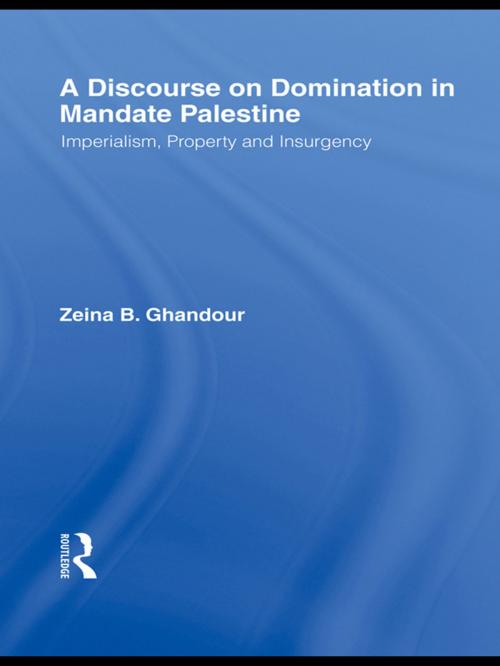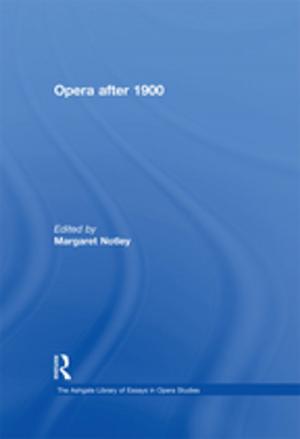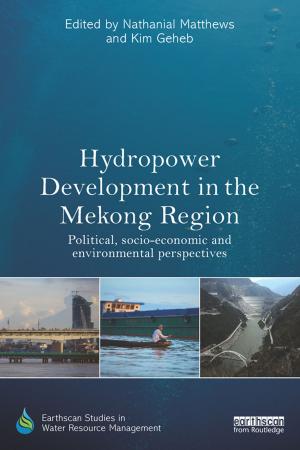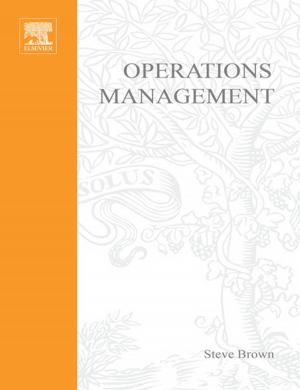A Discourse on Domination in Mandate Palestine
Imperialism, Property and Insurgency
Nonfiction, History, Africa, Egypt, Middle East, Modern, 20th Century| Author: | Zeina B. Ghandour | ISBN: | 9781134009626 |
| Publisher: | Taylor and Francis | Publication: | September 10, 2009 |
| Imprint: | Routledge-Cavendish | Language: | English |
| Author: | Zeina B. Ghandour |
| ISBN: | 9781134009626 |
| Publisher: | Taylor and Francis |
| Publication: | September 10, 2009 |
| Imprint: | Routledge-Cavendish |
| Language: | English |
British discourse during the Mandate, with its unremitting convergence on the problematic ‘native question’, and which rested on racial and cultural theories and presumptions, as well as on certain givens drawn from the British class system, has been taken for granted by historians. The validity of cultural representations as pronounced within official correspondence and colonial laws and regulations, as well as within the private papers of colonial officials, survives more or less intact. There are features of colonialism additional to economic and political power, which are glaring yet have escaped examination, which carried cultural weight and had cultural implications and which negatively transformed native society. This was inevitable. But what is less inevitable is the subsequent collusion of historians in this, a (neo-) colonial dynamic. The continued collusion of modern historians with racial and cultural notions concerning the rationale of European rule in Palestine has postcolonial implications. It drags these old notions into the present where their iniquitous barbarity continues to manifest. This study identifies the symbolism of British officials’ discourse and intertwines it with the symbolism and imagery of the natives’ own discourse (from oral interviews and private family papers). At all times, it remains allied to those writers, philosophers and chroniclers whose central preoccupation is to agitate and challenge authority. This, then, is a return to the old school, a revisiting of the optimistic, vibrant rhetoric of those radicals who continue to inspire post and anti-colonial thinking. In order to dismantle, and to undo and unwrite, A Discourse on Domination in Mandate Palestine holds a mirror up to the language of the Mandatory by counteracting it with its own integrally oppositional discourse and a provocative rhetoric.
British discourse during the Mandate, with its unremitting convergence on the problematic ‘native question’, and which rested on racial and cultural theories and presumptions, as well as on certain givens drawn from the British class system, has been taken for granted by historians. The validity of cultural representations as pronounced within official correspondence and colonial laws and regulations, as well as within the private papers of colonial officials, survives more or less intact. There are features of colonialism additional to economic and political power, which are glaring yet have escaped examination, which carried cultural weight and had cultural implications and which negatively transformed native society. This was inevitable. But what is less inevitable is the subsequent collusion of historians in this, a (neo-) colonial dynamic. The continued collusion of modern historians with racial and cultural notions concerning the rationale of European rule in Palestine has postcolonial implications. It drags these old notions into the present where their iniquitous barbarity continues to manifest. This study identifies the symbolism of British officials’ discourse and intertwines it with the symbolism and imagery of the natives’ own discourse (from oral interviews and private family papers). At all times, it remains allied to those writers, philosophers and chroniclers whose central preoccupation is to agitate and challenge authority. This, then, is a return to the old school, a revisiting of the optimistic, vibrant rhetoric of those radicals who continue to inspire post and anti-colonial thinking. In order to dismantle, and to undo and unwrite, A Discourse on Domination in Mandate Palestine holds a mirror up to the language of the Mandatory by counteracting it with its own integrally oppositional discourse and a provocative rhetoric.















